How to stop a dog getting jealous when you're playing with someone else's pet, by expert trainer Ben Randall
Dogs are loyal, faithful and delightful partners in your life — but they're no more immune to the green eyed monster than people are. Ben Randall explains how to deal with dogs getting jealous when you lavish attention on another canine companion.
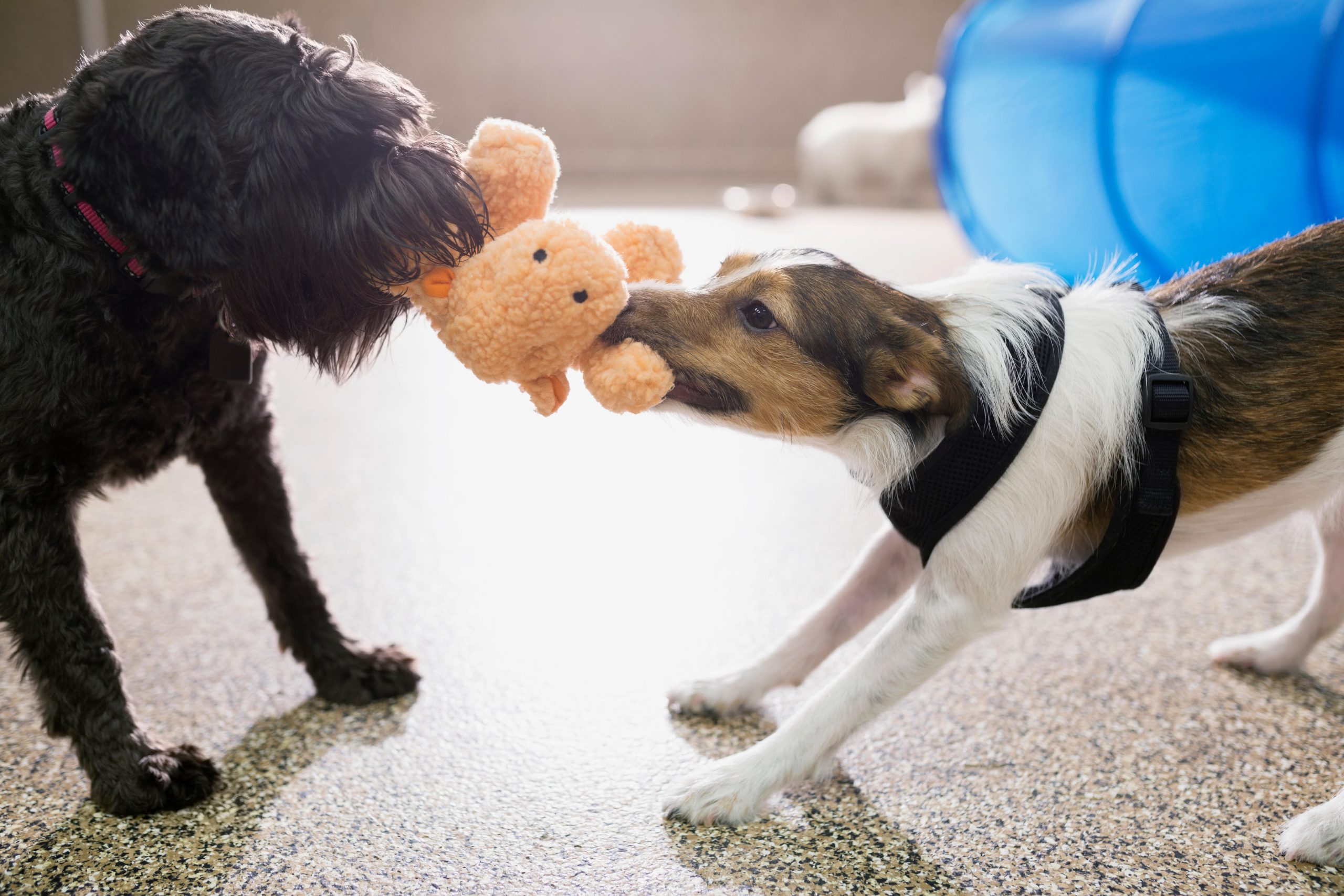

One of the joys of owning a dog is that they become part of your family, and it can be all the better when your dogs have other canine friends who they love to see and play with.
That said, it's not always easy introducing other dogs into the picture — or other pets in general as we saw recently when looking at how to introduce your puppy to a cat. Today's reader query comes from a lady whose dog is a wonderful pet, but who seems to get riled up the wrong way by her son's dog — even though things tend to start well.
'We have a rescue dog which we have had for 18 months we haven’t had any problems up until now but he has recently started to growl at my son's golden retriever, who is about 10 months old. My dog is vey excited to see him when he first arrives and they play together for a while — there is some play growling going on — but after that my dog will growl if my son's dog is made a fuss of by either us or my son,' writes LH, via email. 'We're not neglecting him — we make sure they both get a lot of fuss — but he keeps doing it, and he also sometimes seems to have had enough of our son's dog, who is a typical boisterous large golden retriever. My son and his dog may be moving in with us for a few months so I would like to get this sorted beforehand!'
My first thought with a problem of this kind is that these dogs are getting to know each other in a state of great excitement, and that can lead to issues — just as we saw when we looked at how to stop your dog barking at delivery people. And there's another element at play here which we also saw in that same article. If your dog is getting assertive or aggressive when you touch another dog, it means that the dog sees himself as the pack leader — he feels you’re in danger and you have to intervene.
The good news that this is straightforward to deal with, as long as you're happy to reset the dogs' relationship — and work on deepening your own relationship with your own dog, since a dog that feels totally secure and full of trust won't get jealous in this situation. Here's how to do it.
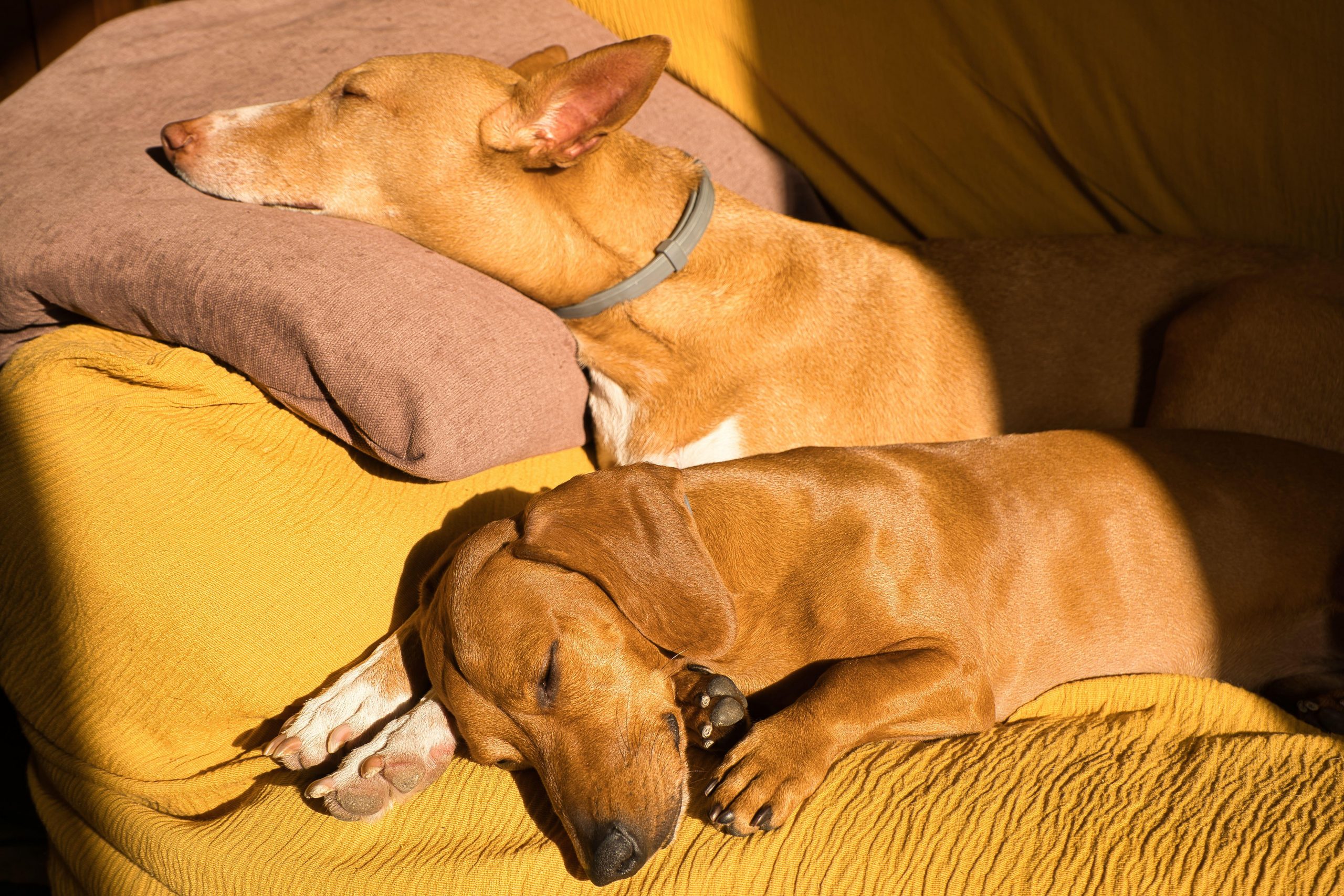
How to stop your dog growling at another dog when you stroke it
1. Get the dogs out of the playfighting mindset
Excitement and play is good, but not if it leads to problems, as in this situation. The dogs are behaving too excitably; I’d like them both more relaxed, and calm when they come together, and for a while that is going to mean keeping them apart. When the new dog arrives at your house, split them into different rooms, with the volume turned down in the environment — and I mean that literally. Think calm lighting, no loud music or TV on. Then introduce them slowly and calmly to each other this time, and keep them from play fighting. This will get them out of play/fight mode and into a calmer mindset. After a week it’ll reset their minds a bit – they’ll be relaxed, chilled.
2. Reassert yourself as the person who protects your dog — not the other way around
I don't love the word pet. I prefer 'partner', because that's what you and your dog should be: partners who love, respect and above all trust each other. If your dog is totally trusting of you to look after it, you'll have a stronger bond and a happier relationship. There are some key steps to help with this:
- Make sure your dog has its own space, whether that's a crate, a cubby hole or a corner where their bed is
- Nail down teaching your dog the 'leave' command — re-read this piece to make sure you've got it. It's hugely important that your dog will listen and stop doing things when needed.
- Make a habit of getting your dog to sit calmly for its food, or sitting by the back door, to assert that it's you giving permission for what happens in your house.
- Meal times can be perfect for this training. Practice telling your dog to leave and sit while eating, and remove bowl; then you can replace it and reward the dog when you put the bowl back down to show them you're happy with them.
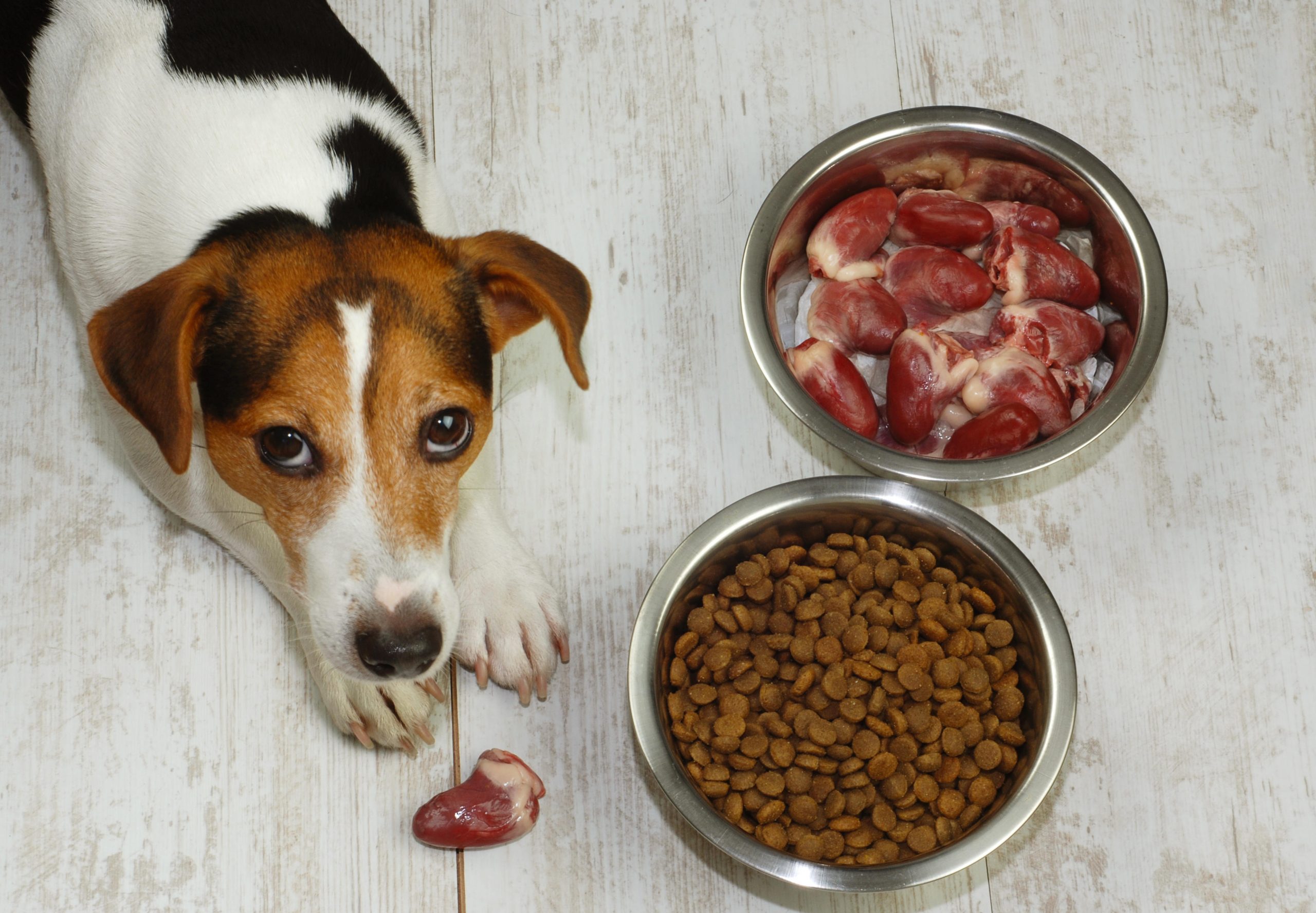
3. Make sure the other dog is doing the work too
Your son's dog needs to be able to curb his natural boisterousness when told to — if the other dog isn't calm and relaxed that's going to make things a lot harder. When the time comes for the two dogs to begin living together, feed them separately at first to keep the same routine going. Once that's going well, begin feeding them separately but with the other watching calmly. Then after a couple of weeks you should be able to feed them together twice a day, perhaps once in the house and once in the garden.
Exquisite houses, the beauty of Nature, and how to get the most from your life, straight to your inbox.
In this calm, easy atmosphere, the dogs will get used to each other, begin to work as a team, and know that they always have their own space to retreat to should they feel stressed. Before you know it they'll be happy and secure with each other — and most likely curled up together on the sofa, dozing away every evening.
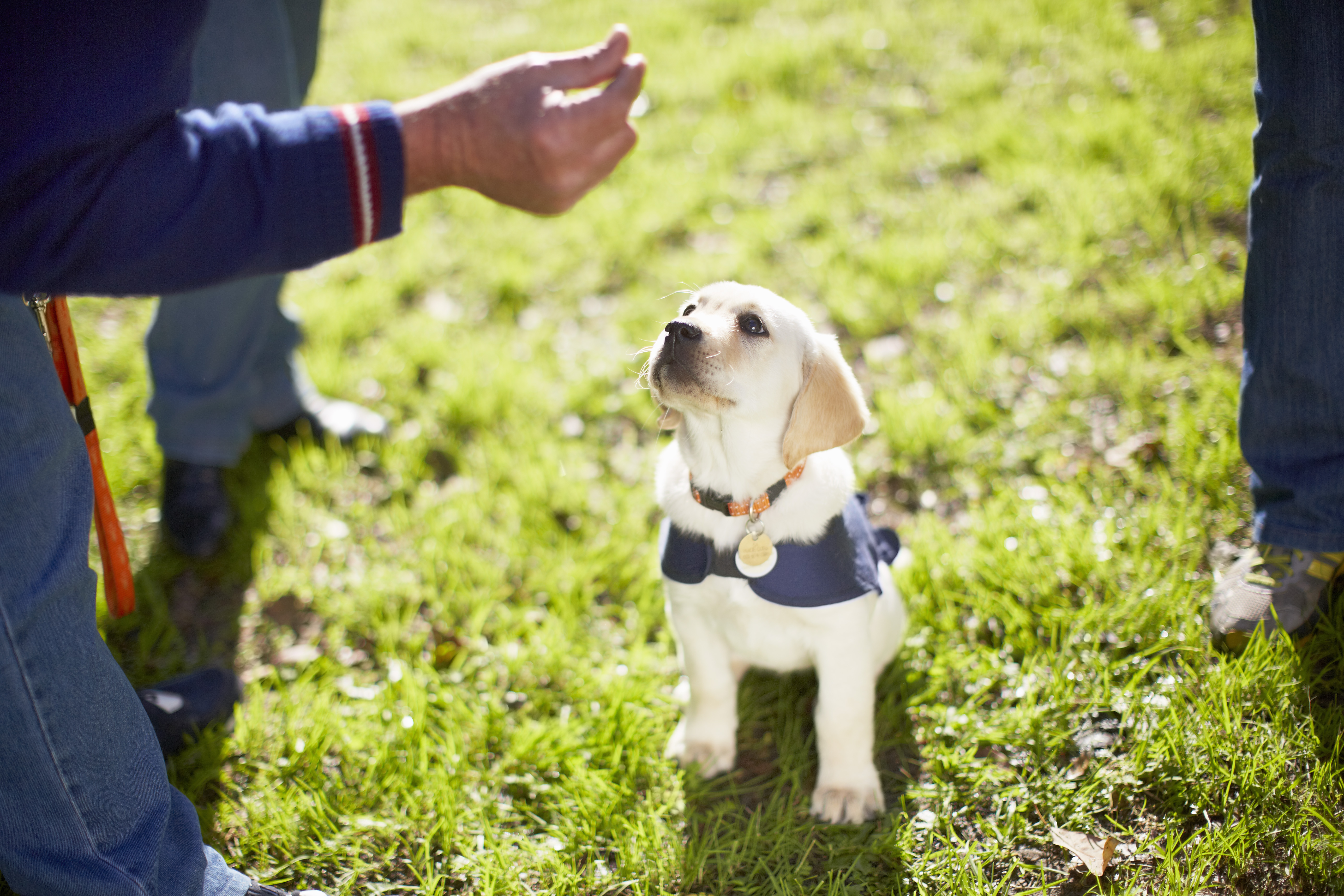
Credit: Getty Images/Westend61
How to teach a dog to sit: Five tips from leading dog trainer Ben Randall
Teaching your dog to sit is one of the most important things you can do — and it will help with
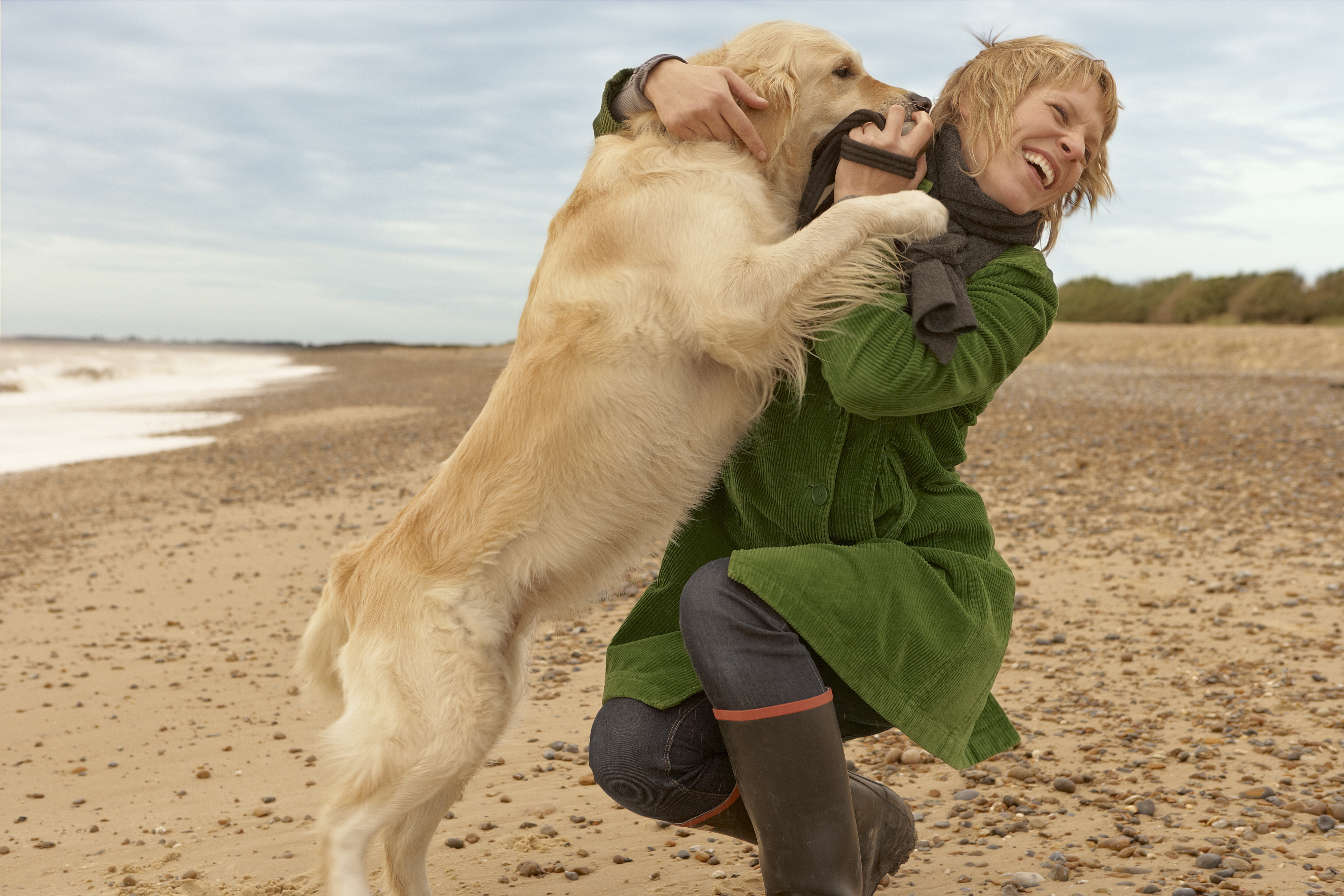
How to stop your dog jumping up, by expert trainer Ben Randall
It’s easy to dismiss our dogs’ love of jumping up on us — and other people — as friendly boisterousness,
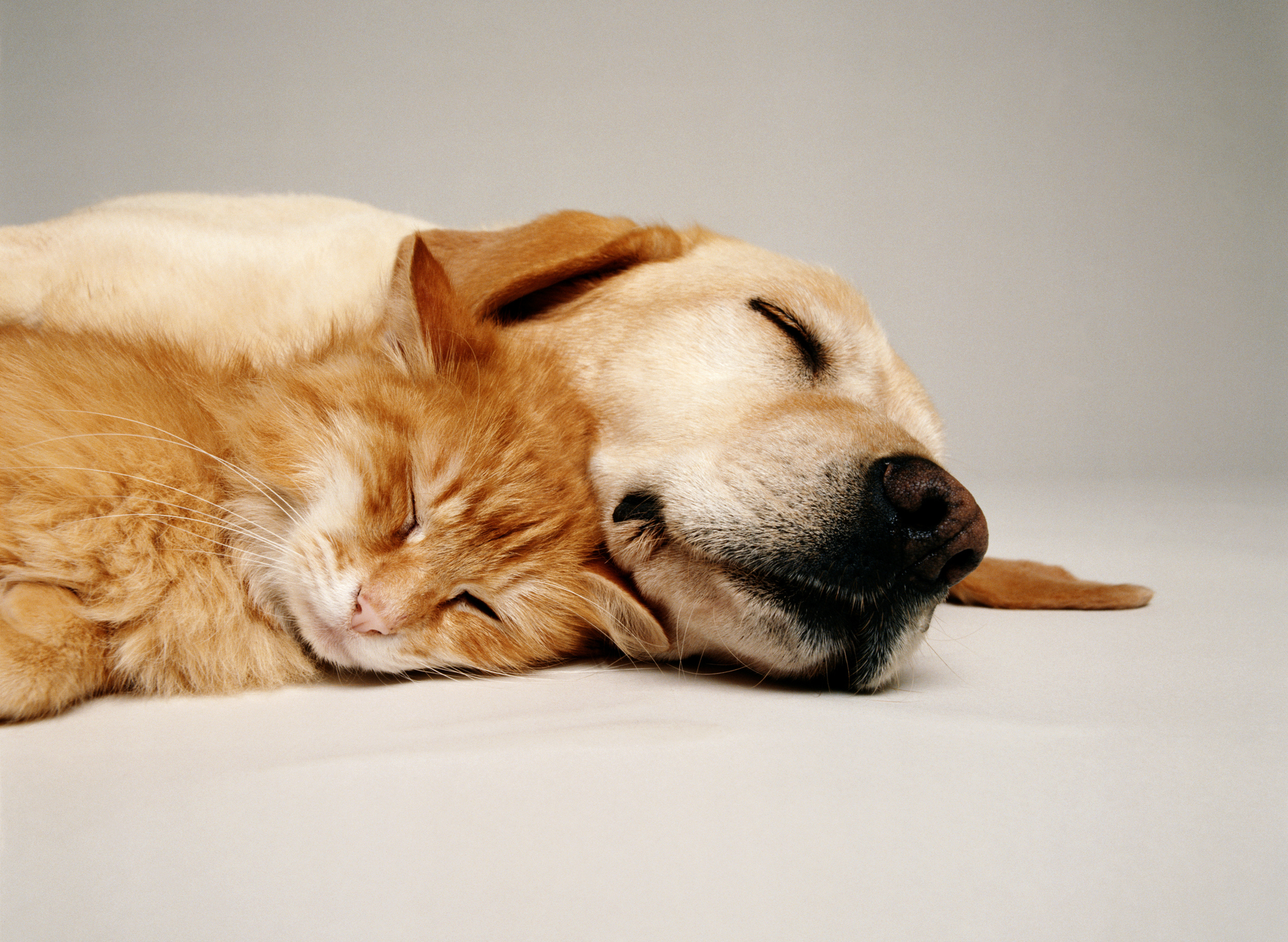
Credit: Getty
How to introduce a puppy to your cat, by expert dog trainer Ben Randall
Introducing a dog to a cat can be nerve-wracking, but get it right and the two of them can get
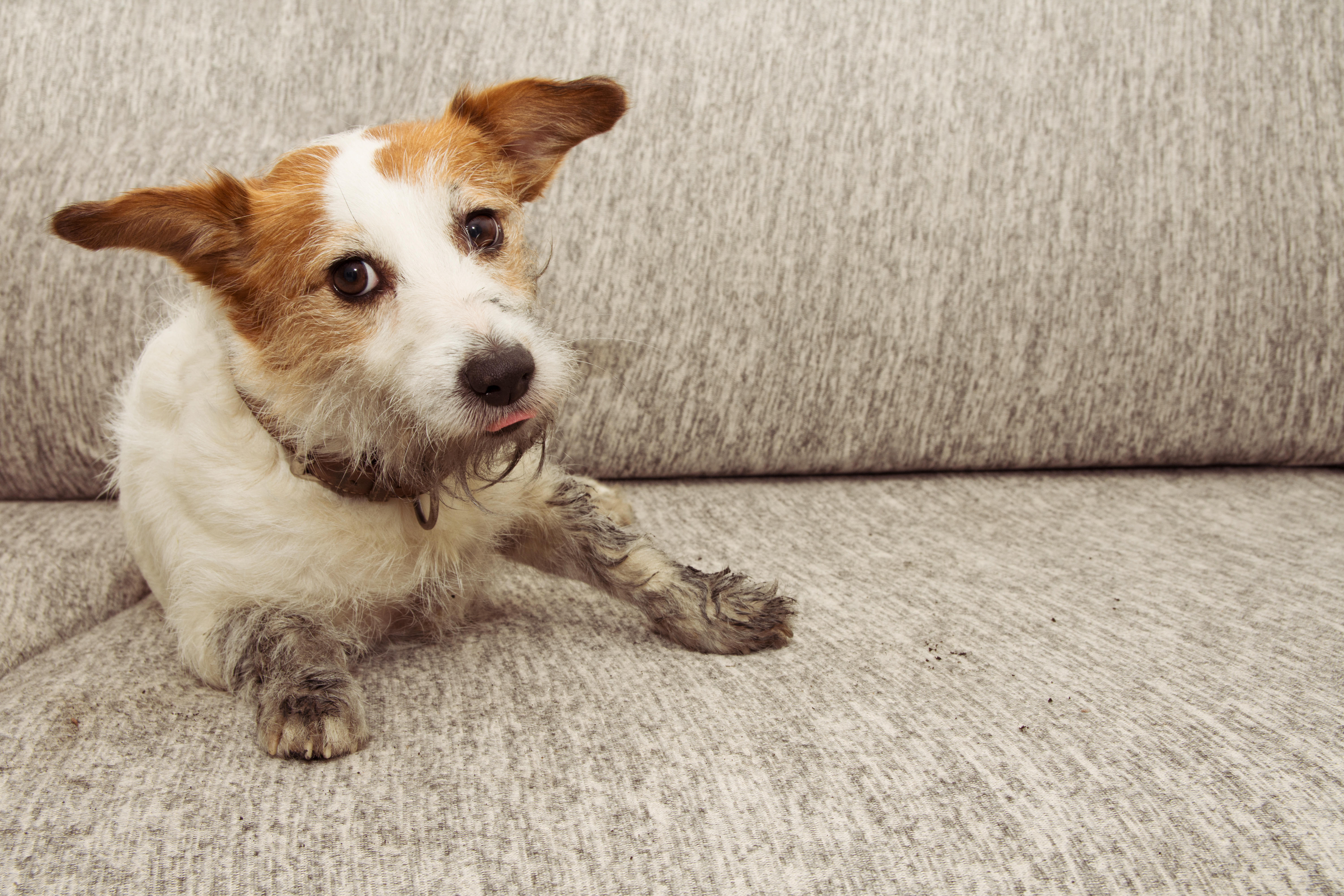
Credit: Alamy
How to keep a dog off the sofa, by top trainer Ben Randall
Fed up with Fido leaping onto the furniture — whether it's your sofa, armchair, or your bed — whenever he
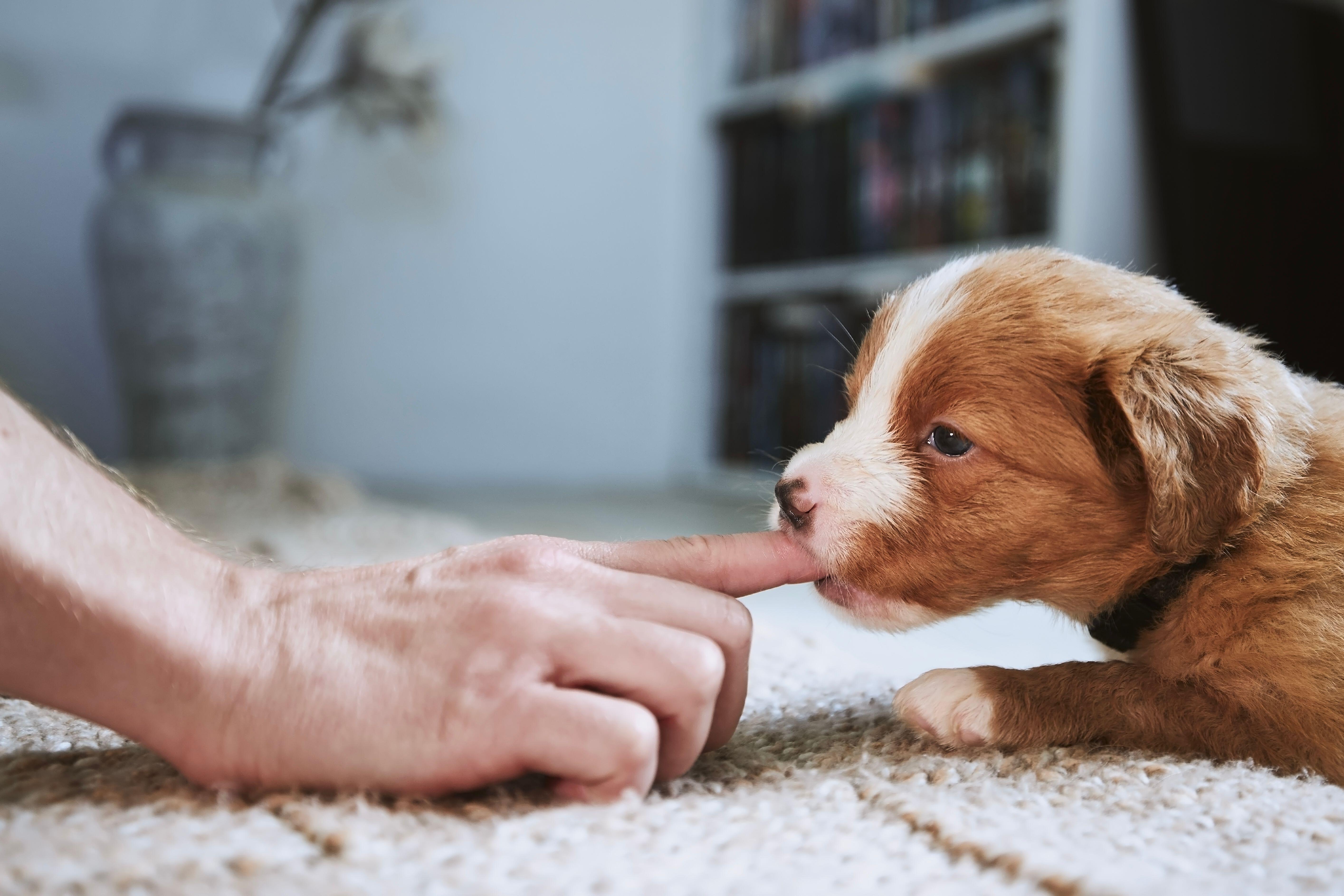
How to stop your dog or puppy from biting when it's playing: Expert advice from Ben Randall
Playful behaviour is a great way for dogs to explore the world around them and make new friends — but
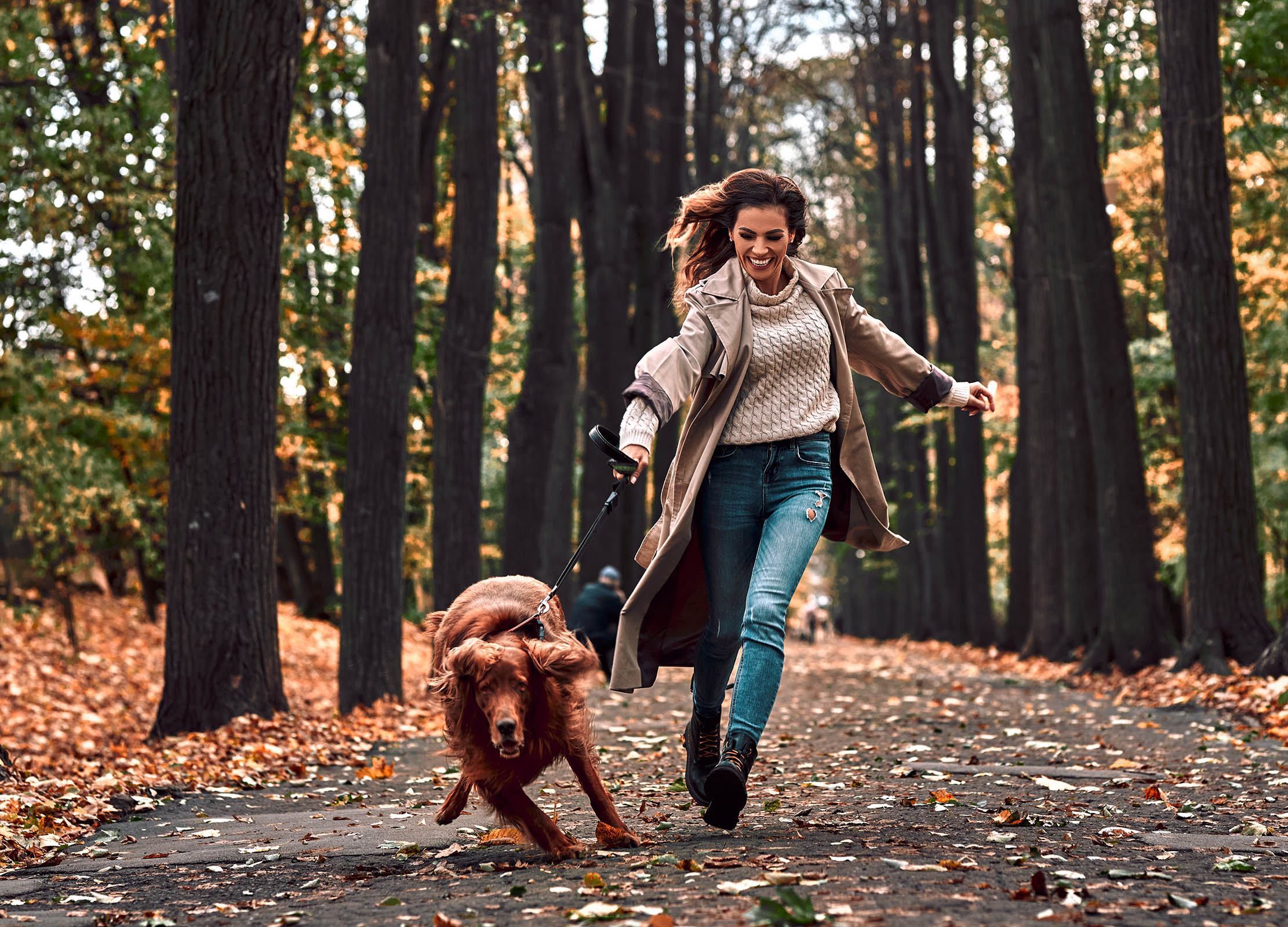
Credit: Getty Images
How to get your dog to walk to heel
Teaching your dog to stop pulling on the lead takes work, but it’s an important step in training that will
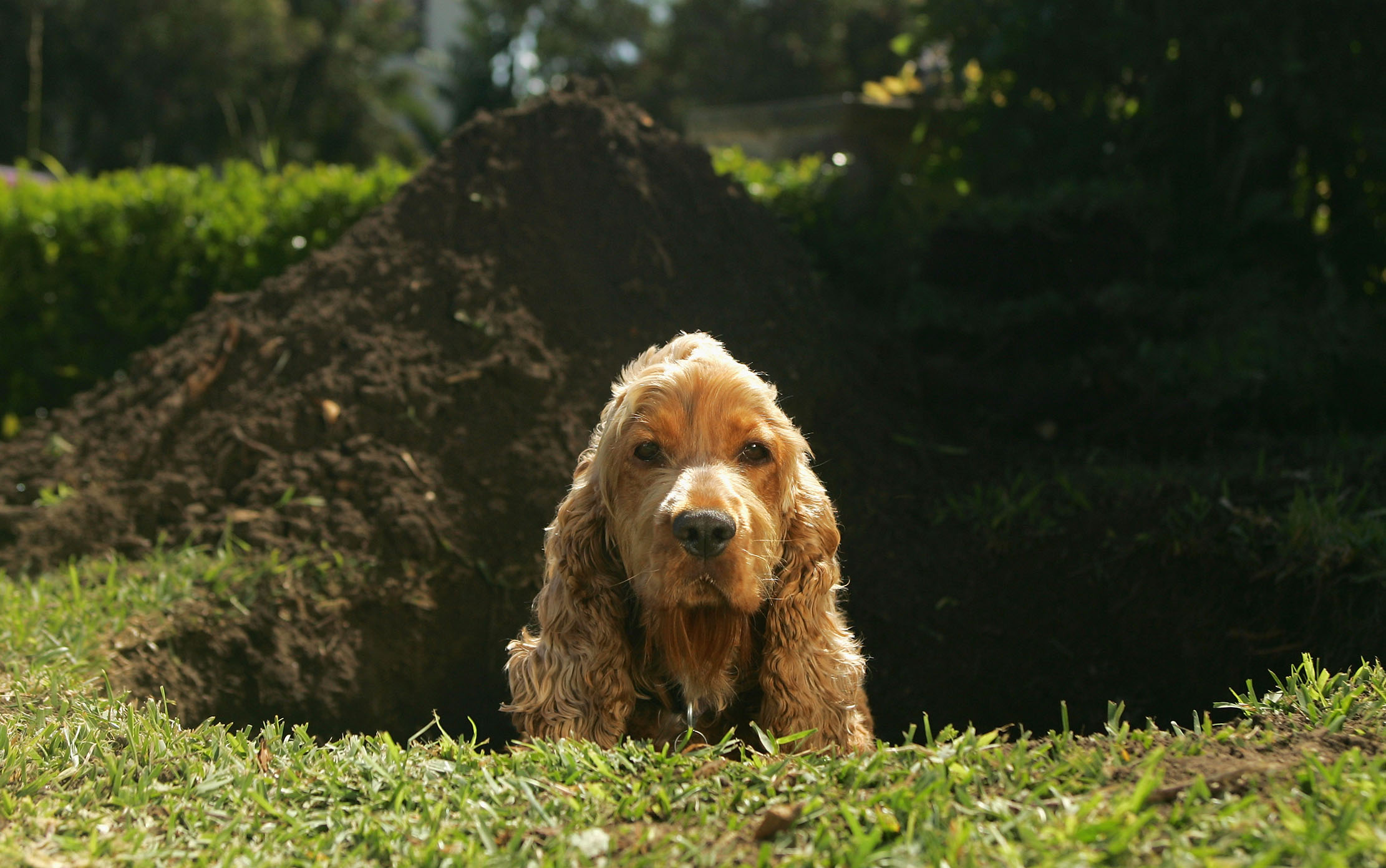
How to stop your dog digging up the garden
A dog’s enthusiasm for digging in the garden is not just hazardous for those prized petunias, but can be dangerous
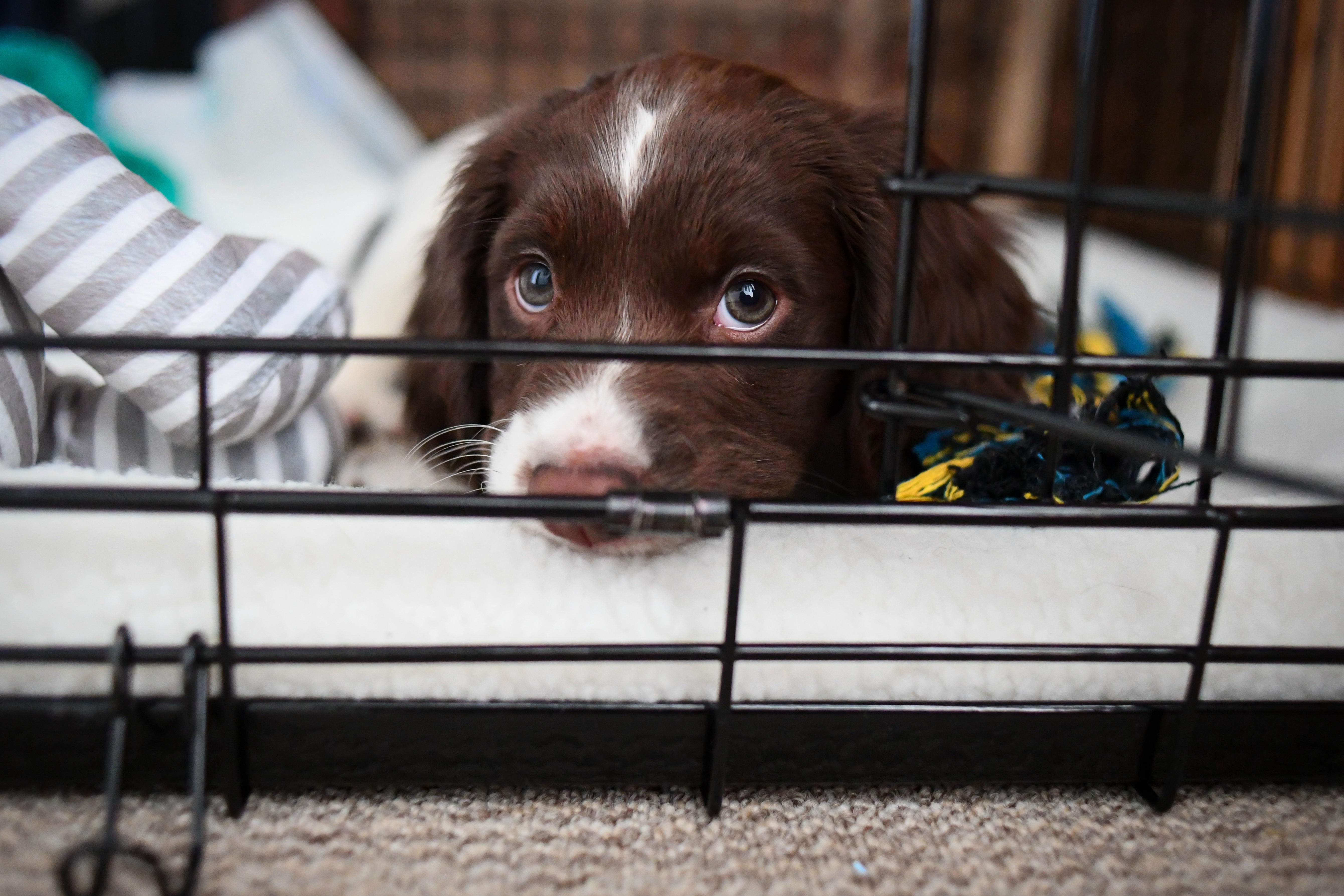
Crate training a puppy: Six tips from expert dog trainer Ben Randall
Puppy crate training can be tricky, yet it can pay dividends in all sorts of ways — even making puppy toilet
